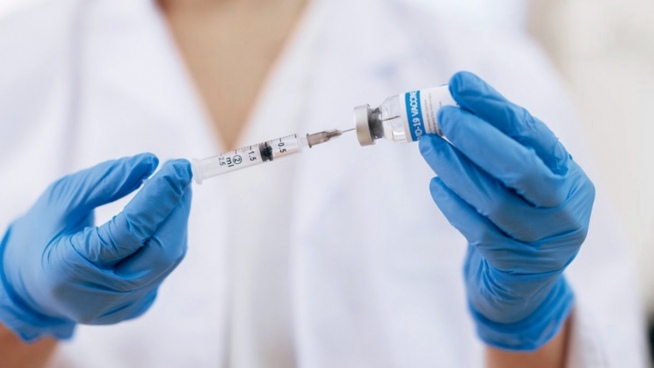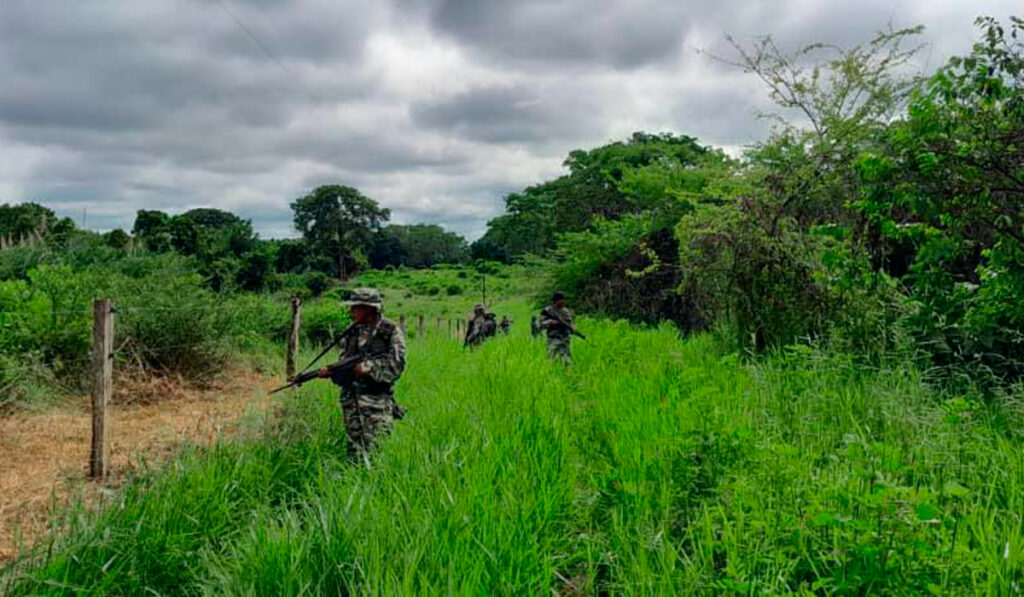The World Health Organization (WHO) published for the first time a list of 61 vaccines in clinical development stages against drug-resistant bacteria and warned that, although some candidates are in advanced stages, most will not be available in the short term. deadline for what he called “to speed up the processes” to respond to this global problem.
“The silent pandemic of antimicrobial resistance (AMR) is a major and growing public health problem. Resistant bacterial infections alone are associated with almost 4.95 million deaths per year, with 1.27 million deaths directly attributed to AMR. it’s a statement.
In addition to the resistance of bacteria to antibiotics, AMR also includes the resistance of viruses, fungi, and parasites that change over time and no longer respond to drugs.
“When a person becomes infected with these microbes, the infection is said to be resistant to antimicrobial drugs. These infections are often difficult to treat,” the agency explained.
The document calls for equitable and global access to vaccines that already exist, especially among populations that need them most in resource-limited settings.
In that sense, they pointed out that “vaccines are powerful tools to prevent infections in the first place and, therefore, have the potential to stop the spread of AMR infections.”
In this context, The agency presented this Tuesday a report with the analysis of the vaccines in development “with the aim of guiding investments and research.”
“Infection prevention through vaccination reduces the use of antibiotics, which is one of the main drivers of AMR. However, of the six main bacterial pathogens responsible for AMR deaths, only one, pneumococcal disease (Streptococcus pneumoniae) has a vaccine,” said Hanan Balkhy, WHO Assistant Director-General for Antimicrobial Resistance.
And he added that “affordable and equitable access to vaccines such as those against pneumococcus is urgently needed to save lives and mitigate the increase in AMR.”
The document calls for equitable and global access to vaccines that already exist, especially among populations that need them most in resource-limited settings.
The report also examines some of the challenges facing vaccine innovation and development, including pathogens associated with hospital-acquired infections (HAIs).
Vaccines are already available against four bacterial pathogens that the WHO has defined as priorities to treat: pneumococcal disease (Streptococcus pneumoniae), Hib (Haemophilus influenzae type b), Tuberculosis (mycobacterium tuberculosis) and Typhoid fever (Salmonella Typho).
Of this, “The current Bacillus Calmette-Guérin (BCG) vaccine against tuberculosis does not protect adequately and the development of a more effective one must be accelerated.”
Regarding “the remaining three vaccines are effective and we need to increase the number of people who receive them to contribute to a reduction in the use of antibiotics and prevent more deaths,” the statement said.
The report also examines some of the challenges facing vaccine development and innovation, including pathogens associated with hospital-acquired infections (HAIs).
Among them, the difficulty in defining target populations among all patients admitted to the hospital; the cost and complexity of vaccine efficacy trials; and the lack of regulatory and/or policy precedent for HAI vaccines.
“Vaccine development is expensive and scientifically challenging, often with high failure rates, and for successful candidates, complex regulatory and manufacturing requirements are more time consuming. We need to draw on the lessons from Covid vaccine development and accelerate our search for vaccines to tackle AMR,” said Kate O’Brien, Director of the Department of Immunization, Vaccines and Biologicals at WHO.
The loss of efficacy of antibiotics is a global problem, under study by countries and international organizations in the health area.
“Today in the world this problem is on the agenda because it is estimated that it will exceed the causes of death from cancer in 2050. So, it has a significant impact on the level of mortality”Wanda Cornistein, medical member of the board of directors of the Argentine Society of Infectious Diseases (SADI)
In Argentina, the Chamber of Deputies approved and submitted to the Senate a week ago the bill on the Prevention and Control of Antimicrobial Resistance, which seeks to establish the necessary mechanisms to control this problem, among which the regulation of the sale of antibiotics under “prescription on file”.
Wanda Cornistein, a doctor who is a member of the board of directors of the Argentine Society of Infectious Diseases (SADI), told Télam after the progress of the project in Congress that “resistance is among the main public health problems, it has priority” and stated that “in Argentina we accelerated ten years the antimicrobial resistance that we expected due to the indiscriminate use of antibiotics at the time of Covid-19”.
The specialist stressed that “in the country we have a problem of a magnitude that is being quantified through the studies carried out by the Malbrán Institute, the hospitals, and the Ministry of Health regarding multi-resistance and its impact on the morbidity and mortality of the patients because there are no new therapeutic options, there are no drugs and germs quickly develop resistance to everything new that appears“.
“Today in the world this problem is on the agenda because it is estimated that it will exceed the causes of death from cancer in 2050. So, it has a significant impact on the level of mortality,” added the doctor.


















